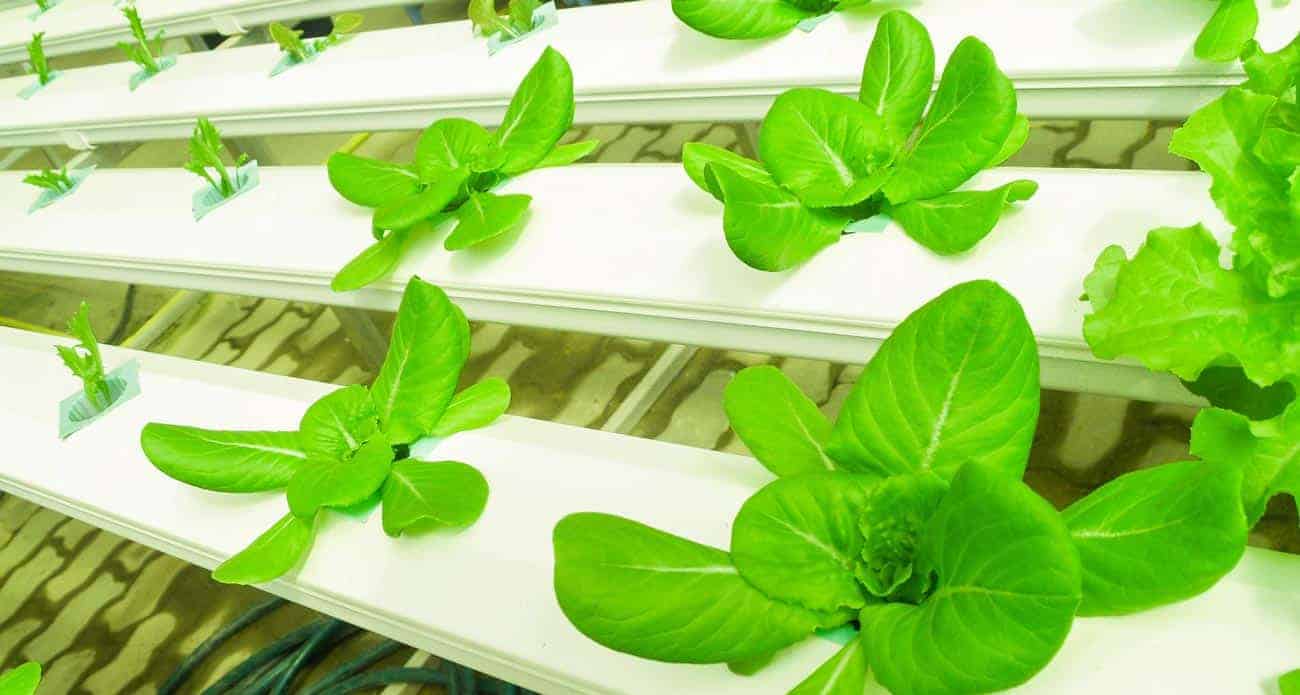
Por Alejandro González Ormerod
June 22, 2020
Contxto – Vertical agricultural pioneer in Latin America, AgroUrbana, has scored about one million dollars to close the loop on the food supply chain: distribution and commercialization. They will also use the cash to optimize their tech and expand their operations.
The round was led by CLIN Fund. But don’t be fooled, behind this polished name lies everyone’s favourite governmentally-run startup booster. Indeed, Chile’s Corfo, alongside Engie Factory, Entel, Zoma Capital, and Fundación Chile make up the key investors behind CLIN.
The fund contributed 33 percent of the investment, while family offices and angel investors coughed up the rest.
For those not in the know, vertical agriculture—the type AgroUrbana specializes in—is a form of cultivation that allows a farmer to grow high tech crops indoors and with far less space. They can grow the same amount of produce in only 1 percent of the land traditional agriculture uses.
The savings amount to a whopping 95 percent of the water as compared to traditional farming.
Building farms indoors and in cities may seem like a terrible idea. The name we’ve given this planet is literally synonymous with the stuff we grow plants in. But not any earth will do for our insatiable appetite for food crops.
In fact, only around 11 percent of the world’s surface is fit for cultivation, and yet agriculture is using up over 37 percent of the Earth’s surface. Where is all this extra land coming from?
You won’t like the answer.
How we grow what we eat is destroying the world and Latin America is at the forefront of that disaster.
Brazil has recently been the subject of headlines as the Amazon rainforest has burnt for agricultural and pasturing purposes. Unfortunately, other ecosystems across the region and globe are scarcely better, with slash-and-burn practices common amongst Latin American countries.
However, Latin Americans are also part of the solution.
On the preventative side, take this Brazilian drone company, Bioverse Labs, taking on loggers and burners in the Amazon.
But the deep answer may rest on a more proactive side and in companies like AgroUrbana. Moving agriculture from lands like the Amazon to large and efficient warehouses near the sources of consumption.
It’s a strategy a bit like what Jeff Bezo’s Amazon does with their city-adjacent warehouses.
The key to success lies in investments like the one AgroUrbana received, since, in the words of its co-Founder, Pablo Bunster:
If we don’t start to produce more with less, the equation will simply not work out. On one side, we’ll have to face growing populations and urbanization, while on the other hand, we’ll be needing to respond to increased droughts and to reduce emissions.
A tough one to solve, but we should bank on positive elements like AgroUrbana to square that agro-ecological equation.
Related articles: Tech and startups from Chile!
– AG

Por Stiven Cartagena
January 12, 2026